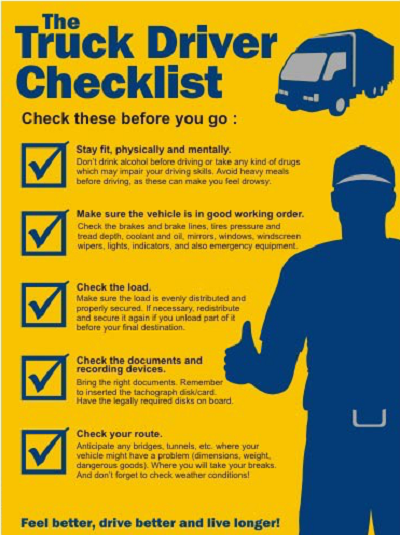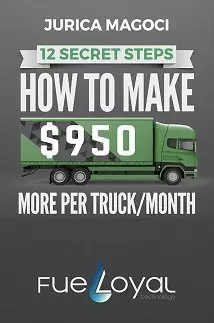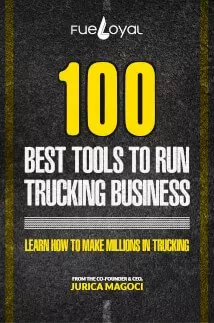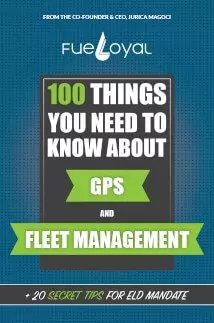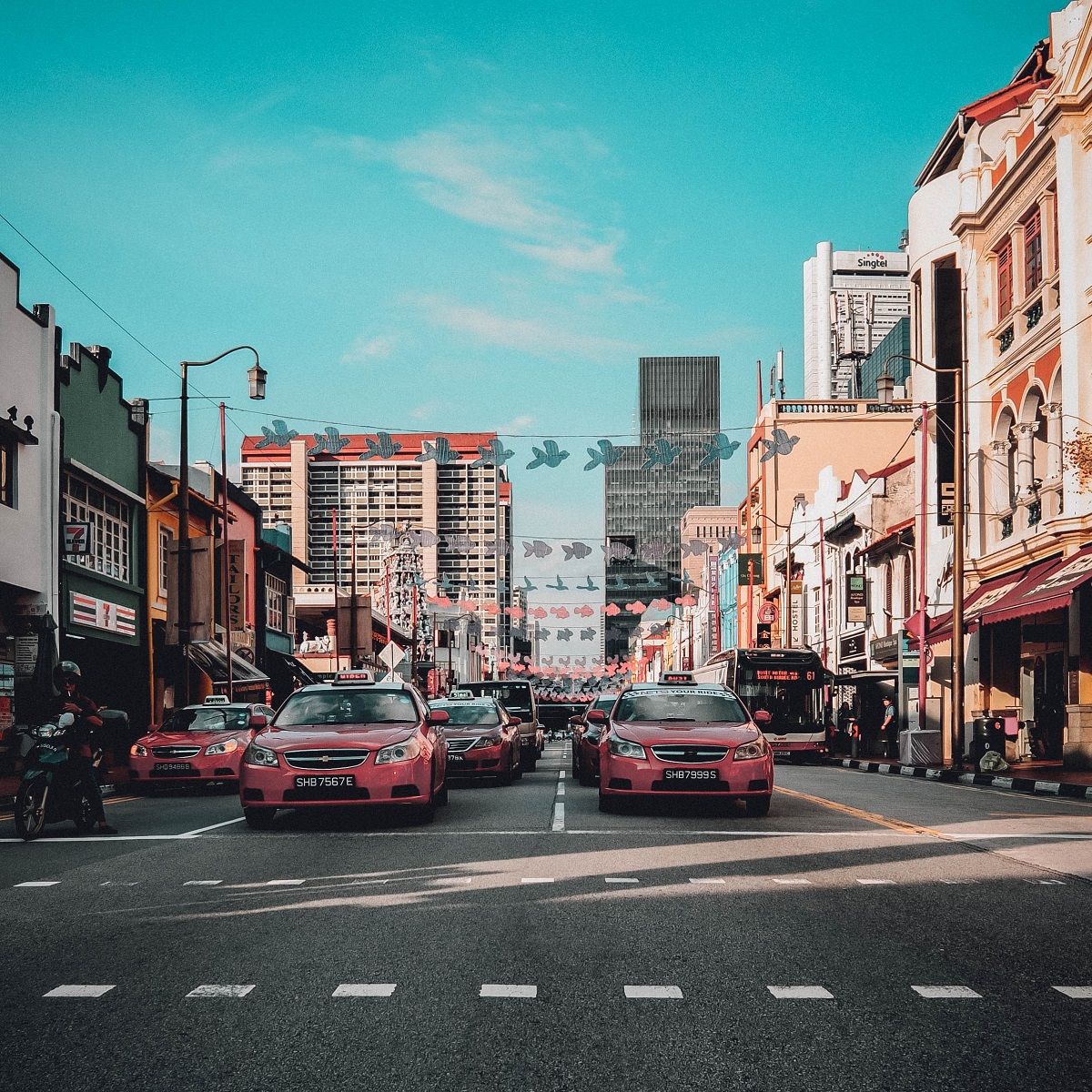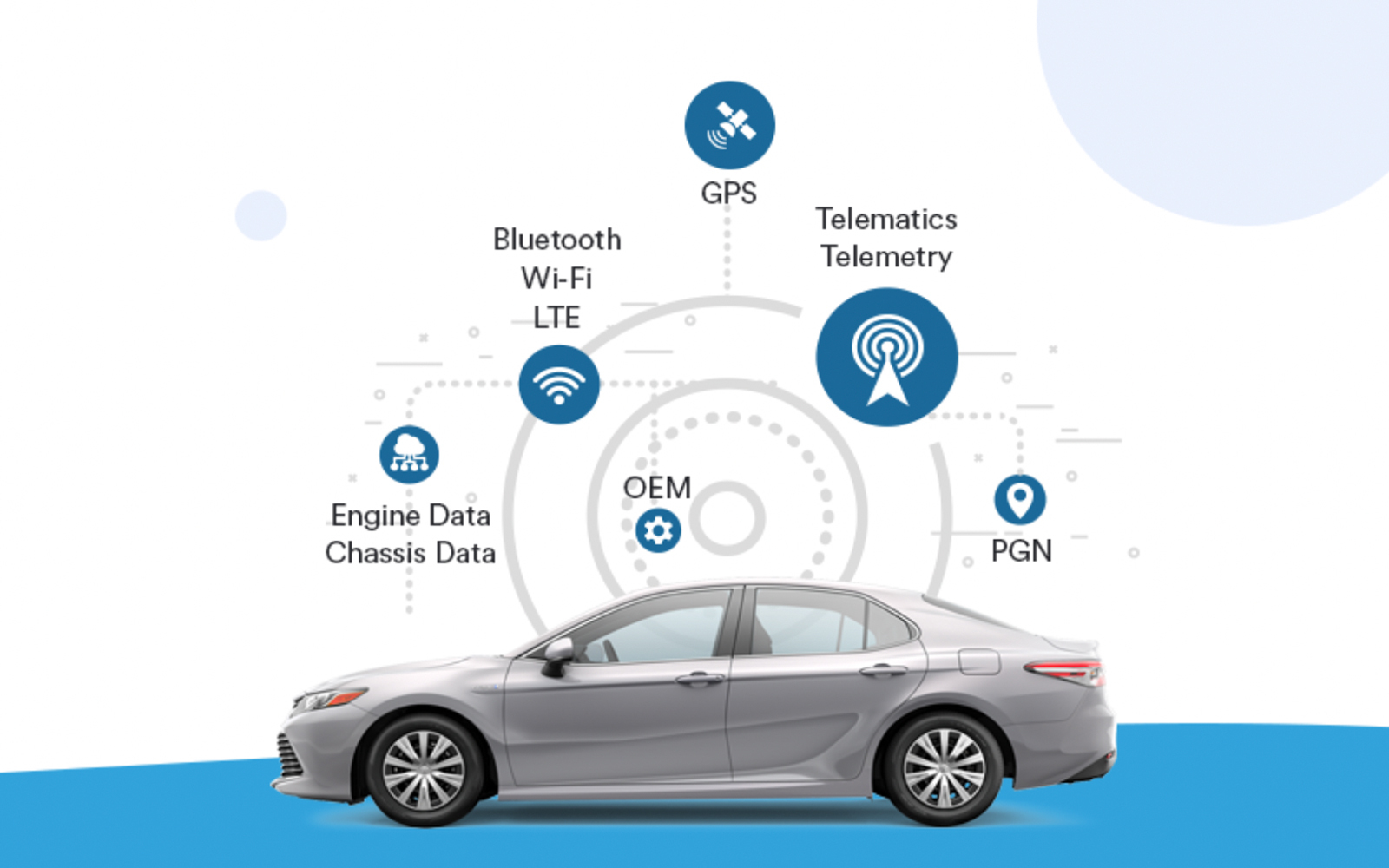That is why insurance is so important; it provides the needed protection against the risks of actual loss or destruction of freight while under your organization’s control.
Your decision must not be based on the lowest cost alone. Though cost is an important factor, and should not be overlooked. Remember to check what is actually covered, the deductibles, the range of coverage (it is local or a nationwide service). Are there particular materials not covered (such as chemicals, flammable, explosives, toxins, etc.).
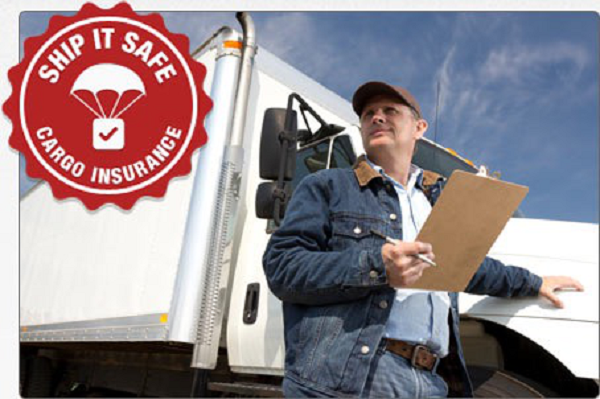
As stated, there are numerous options, but here are some of the standard sample policy types. Though individual companies may offer other services, additional services, and/or a combination of similar services:
- Primary Liability It covers damage or injuries to other (non-fleet/company related) vehicles due to a truck accident. Usually this is mandated by state and federal agencies, requiring proof of coverage.
- Physical Damage covers the truck and trailer, is for the repair and/or replacement of damages from incidents such as collision, theft, fire, flood, hail, windstorm, earthquake, mischief, or vandalism to company fleet vehicles.
- Motor Truck Cargo protects the carrier (company) for lost freight or damaged goods.
- Trailer Interchange is for the legal liability of truckers in case of loss or damage to non-fleet trailers and equipment, in accordance with a written trailer interchange agreement.
- Non-Trucking Liability (NLT) provides limited liability insurance for owner-operators who are permanently contracted with ICC regulated carriers. They are providing limited liability protection while the owner-operator is not actually on dispatch, or pulling a loaded trailer.
- Short term truck insurance is used for moving newly purchased trucks or for repairs, some companies will offer policies for 24 to 72 hour durations.
Trucking is one of those industries that it is essential in keeping America running.
